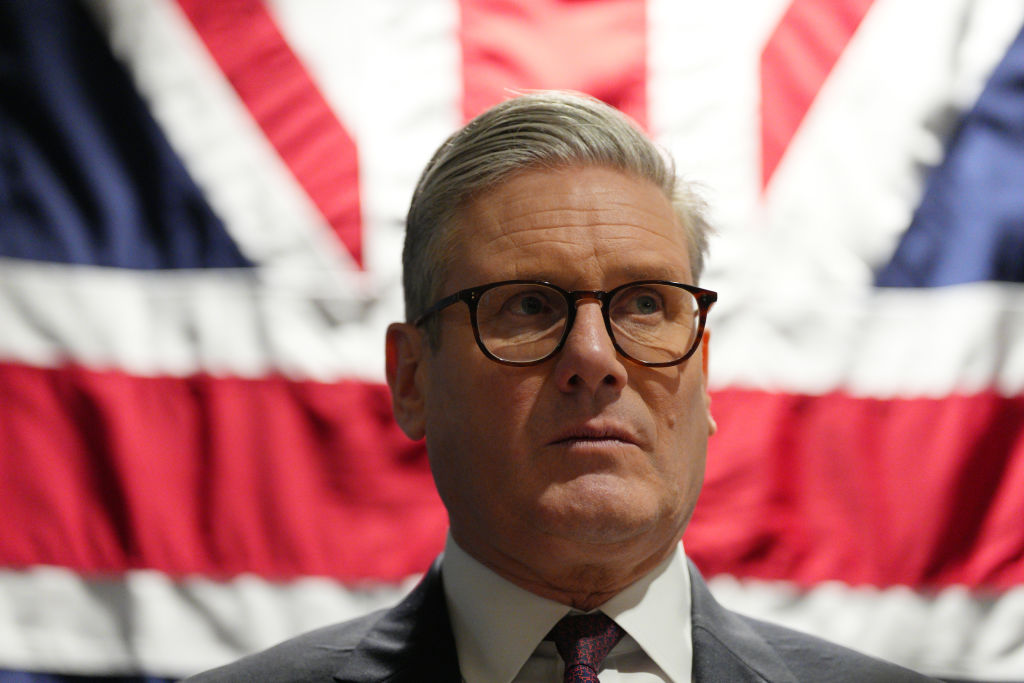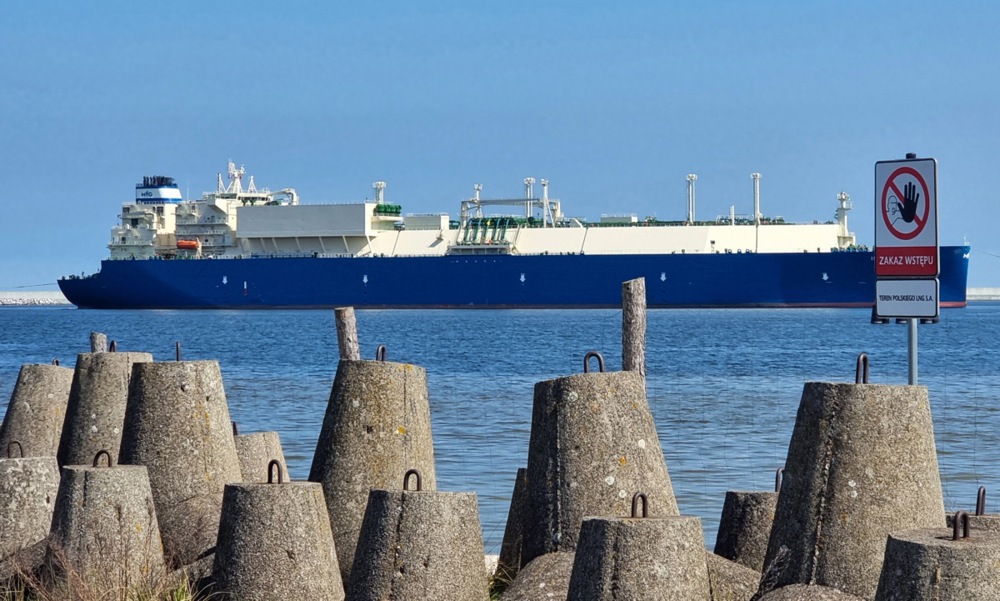In the early 1960s I had a stroke of luck. Through a Fulbright scholarship in mathematics, I was given the opportunity to study at the University of Freiburg. My interest in Germany was spurred by my father, an American and a German professor, who had studied in Germany in the late 1920s before Hitler’s rise to power in 1933. He had told me of Germany’s great traditions in science and mathematics, so I applied for a scholarship and received it.
Those were palmy days in Germany when it was enjoying its Economic Miracle, its post-war business boom, and I made many friends there. I became so fascinated with German culture, literature, and philosophy that I applied for and received a second Fulbright. It was for literature and philosophy at the University of Mainz. Later I studied for a doctorate in German literature at Princeton University. I tell you all that so you can understand that what I am about to write about Germany comes from both knowledge and disappointment, and perhaps nostalgia.
In the 1960s I witnessed Germany’s rapid recovery from World War II which had transformed it into the envy of the Western World, for it outshone even Britain. It was an era fuelled by economic growth. And what was the Miracle on the Rhine? Crafted in secret by three anti-Nazi economists at the University of Freiburg in the late 1930s, it was launched in 1948—in the face of total opposition from all Western and German economists. But to the shock of the economists, it jump-started a boom, with a simple strategy: it cut taxes, regulations, and controls, and reformed the currency. The Miracle was the product of a lean, hands-off government, not one more top-heavy deep-welfare state.
But when I look at Germany today, I feel a deep sorrow. The Germans don’t deserve the politicians they have. Their leaders are destroying the country—its culture, its demography, and its economy. US Vice President Vance has warned that Germany is committing “civilisational suicide.” And financially, Germany is now described, together with Greece, as “the sick man of Europe.”
Amidst all of this, two failures in particular stand out: an energy crisis and a chaos of migrants. Electricity is now a luxury good in Germany, and the country is sprouting Islamic ghettos where inhabitants don’t speak German. Volkswagen and Mercedes have fled to corporate parks in China because of energy costs, and just last year Germany lost 120,000 manufacturing jobs. How did Germany, once a powerhouse of Europe, reach this disastrous point? It is the result of a series of vote-garnering programmes devoid of pre-planning, cost-benefit analyses, and professional oversight.
I base this judgment on my 60 years of experience both as an academic and as a consultant for international companies such as IBM and Bank of America. All my adult life I have followed events on the Continent closely. (Which is why I read Brussels Signal. I am retired to the American countryside but I still know what Friedrich Merz is doing. Or, worse, not doing.)
A perfect example of the insanity that has destroyed the economic miracle is Germany’s Green Energy programme. It began in 2010, with Germany’s Chancellor Angela Merkel announcing her great “Energy Transition.” Germany, she said, would clean up the world’s air by going “wind and solar.” And she accompanied this by a decree that all Germany’s nuclear power plants must be dismantled. No thought was given to the fact that Germany is a land with little sun and less wind.
Merkel pushed on, however. But the unstable, intermittent nature of wind and solar gradually took its toll, and by 2020, financial studies reported that Merkel’s energy programme was “expensive, chaotic, and a massive failure.” By then, it had cost Germany €700 billion, and if Germany had gone nuclear, another study reported, it would have cost only €35 billion and achieved far better results. Sweden and France had had successful nuclear programmes since the 1960s, but Germany had apparently learned nothing from other scientific experiments. Merkel’s end came in 2021, when Germany finally took stock of her results. Quietly edged out of the Chancellorship, she left a legacy which saw Germany with the highest electricity prices in Europe, and the worst pollution (because of its coal plants).
An even worse decision (if that is possible) was perpetrated by Ms. Merkel in 2015. In that year, in a country of only 80 million, she launched her “open-door” policy, announcing to the world that she would now allow over a million “asylum seekers” to cross the border into Germany. Touting the plan as transforming Germany into an international showcase for migration, she dubbed it her Culture of Welcoming, adding her famous saying, “We can do it.”
Unfortunately, reality was not listening to Ms. Merkel. Just weeks following these proclamations, the “Christmas Sexual Assaults” occurred in Cologne. In these, 1200 German Christian girls were sexually assaulted by Muslims. Reports stated that the girls “were surrounded and assaulted by large groups of men, who were identified by officials as Muslim men of Arab and North African origin.”
The answer to Germany’s migrant crisis? Germany must do three things, which are sadly almost impossible at this point. It must (1) immediately terminate all migrant arrivals, (2) repatriate migrants to their home countries as much as possible and (3) initiate “contract immigration.”
This last suggestion is my own and proceeds from my own experience. In that summer of 1962, when I first arrived in Germany, I had no German and attended a Goethe Institute in the town of Arolsen. As luck would have it, this was also the first year of Germany’s experiment with “guest workers,” and my class had 25 Turks in it, so I could observe how well it worked. Very simply, a local company had offered the Turks a job for two years if they promised to take a German class and pass a test.
So I say this: if Germany wants to get real about their migrant programme, they will have to come up with something like this “Arolsen Plan.” They will have to radically scale down their migration programme. Otherwise, they will be stuck with the current overpopulating Islamic ghettos, which have few jobs, speak only Arabic, and live off German welfare.
Finally, a double cruelty is occurring in Germany’s migrant policy, its human cost. It is a cruelty not only to the taxpayers (who never voted for it) but also to the migrants (who didn’t know what they were in for). And all of this, over the past 10 years at an annual cost of €25 billion, has cost €250 billion.
Germany will hopefully find its way out of these crises, but I ask myself if her politicians have the foresight, pragmatism, and courage to make the right decisions. I saw all those virtues in the 1960s. But from the recent infighting among German politicians—witness their difficulty in even forming a coalition—this promises to be a difficult stretch for them. I hope very much that I’m wrong. The German people are fine; they deserve to thrive, not just survive. May their politicians wake up and make landfall on the shores of reason.





Collapse: German centrist parties in 2013 took over 70% of vote, now less than 50%